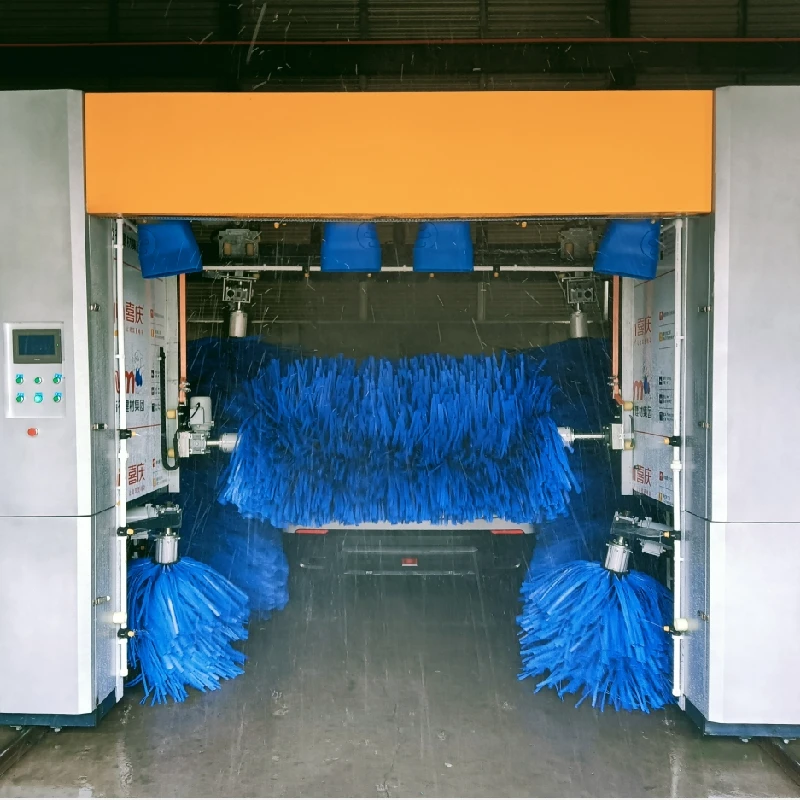
- Afrikaans
- Albanian
- Amharic
- Arabic
- Armenian
- Azerbaijani
- Basque
- Belarusian
- Bengali
- Bosnian
- Bulgarian
- Catalan
- Cebuano
- Corsican
- Croatian
- Czech
- Danish
- Dutch
- English
- Esperanto
- Estonian
- Finnish
- French
- Frisian
- Galician
- Georgian
- German
- Greek
- Gujarati
- Haitian Creole
- hausa
- hawaiian
- Hebrew
- Hindi
- Miao
- Hungarian
- Icelandic
- igbo
- Indonesian
- irish
- Italian
- Japanese
- Javanese
- Kannada
- kazakh
- Khmer
- Rwandese
- Korean
- Kurdish
- Kyrgyz
- Lao
- Latin
- Latvian
- Lithuanian
- Luxembourgish
- Macedonian
- Malgashi
- Malay
- Malayalam
- Maltese
- Maori
- Marathi
- Mongolian
- Myanmar
- Nepali
- Norwegian
- Norwegian
- Occitan
- Pashto
- Persian
- Polish
- Portuguese
- Punjabi
- Romanian
- Russian
- Samoan
- Scottish Gaelic
- Serbian
- Sesotho
- Shona
- Sindhi
- Sinhala
- Slovak
- Slovenian
- Somali
- Spanish
- Sundanese
- Swahili
- Swedish
- Tagalog
- Tajik
- Tamil
- Tatar
- Telugu
- Thai
- Turkish
- Turkmen
- Ukrainian
- Urdu
- Uighur
- Uzbek
- Vietnamese
- Welsh
- Bantu
- Yiddish
- Yoruba
Innovative Car Wash Tools for a Pristine Vehicle Cleaning Experience
Modern Car Wash Equipment Revolutionizing Vehicle Cleaning
In the fast-paced world we live in, the need for efficient and effective car washes has never been more pronounced. As car owners increasingly seek convenience combined with quality, the industry has responded with the introduction of modern car wash equipment. These advanced tools not only enhance the cleaning process but also ensure that vehicles maintain their aesthetic appeal and longevity. In this article, we’ll explore the various types of modern car wash equipment, their benefits, and the technological innovations driving this evolution.
1. Automated Car Wash Systems
One of the most significant advancements in car wash technology is the automated car wash system. These systems utilize conveyor belts and advanced machinery, allowing multiple vehicles to be washed simultaneously with minimal human intervention. Typically, an automated system consists of a series of washing stations, including pre-soak, wash, rinse, and drying stages. These systems can significantly reduce the time required to wash a car, making them popular choices for busy commercial car washes.
The key advantage of automated systems is consistency. Each vehicle receives an identical wash experience, which ensures that quality is maintained across the board. Additionally, modern automated systems are designed to be water-efficient, utilizing advanced pumps and recycling mechanisms that minimize water waste.
2. Touchless Car Wash Technology
Touchless car wash technology is another innovative solution that has gained traction in recent years. Unlike traditional washing methods, which involve brushes and cloths that can scratch a vehicle’s surface, touchless systems rely on high-pressure water jets and specialized cleaning agents. This approach effectively removes dirt and grime without risking damage to the vehicle’s finish.
Touchless car washes are particularly beneficial for customers who own high-end or vintage vehicles. The non-contact nature of the wash minimizes the risk of swirl marks and scratches that can often result from abrasive materials. Additionally, touchless systems are often equipped with advanced sensors that ensure coverage of the entire vehicle, ensuring no area is left uncleaned.
3. High-Pressure Wash Guns
modern car wash equipment

High-pressure wash guns are essential components of modern car wash setups, whether in professional environments or DIY home wash stations. These guns use powerful jets of water to dislodge stubborn dirt and debris from surfaces. Many of today’s high-pressure washers are adjustable, allowing users to switch between various settings to accommodate different types of vehicles or levels of dirtiness.
The ergonomic design of many modern wash guns makes them easy to handle, reducing fatigue during prolonged use. Furthermore, their ability to conserve water while maintaining a strong cleaning force helps car owners be more environmentally conscious.
As environmental awareness grows, so does the emphasis on sustainability within the car wash industry. Water recycling systems have emerged as a critical component of modern car wash equipment. These systems capture and filter dirty water post-wash, allowing it to be reused in subsequent washing cycles. By implementing water recycling, car wash businesses can significantly reduce their water consumption, making their operations more sustainable while also lowering costs.
Moreover, many recycling systems now use advanced filtration technologies that ensure the reused water is free of contaminants, providing a high-quality wash while minimizing environmental impact.
5. Foaming and Detailing Equipment
To ensure vehicles are not only clean but also polished and protected, modern car wash equipment includes advanced foaming and detailing tools. Foam cannons, for instance, allow for the application of thick layers of cleaning foam that cling to the car’s surface, loosening dirt and providing a thorough wash. Detailing equipment, such as polishers and vacuum systems, helps complete the cleaning process, ensuring that both exterior and interior surfaces shine.
In conclusion, modern car wash equipment represents a significant evolution in how vehicles are cleaned and maintained. The advancements in automated systems, touchless technologies, high-pressure devices, water recycling, and enhanced detailing tools are all designed to cater to the growing demands of car owners. As technology continues to progress, we can expect even more innovations that simplify car care, enhance service quality, and promote environmental sustainability in the industry. The future of car washing is not just about cleanliness; it's about efficiency, convenience, and responsibility towards our planet.
-
Transform Your Car Cleaning Experience with Automated Car Wash SystemsNewsAug.15,2025
-
The Power of Automatic Car Wash EquipmentNewsAug.15,2025
-
The Future of Car Washing with the Touchless Car Wash SystemNewsAug.15,2025
-
Revolutionize Your Car Wash Business with Tunnel Car WashesNewsAug.15,2025
-
Revolutionize Car Cleaning with the Steam Car Wash MachineNewsAug.15,2025
-
Experience Spotless Cleaning with an Automatic Car WasherNewsAug.15,2025



